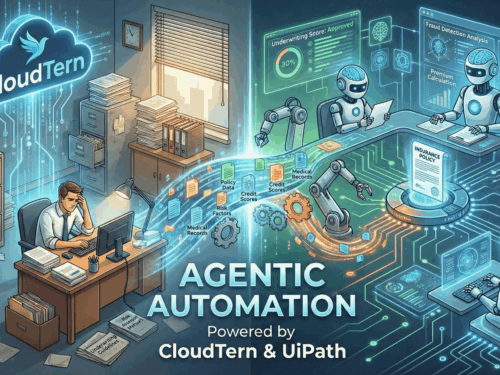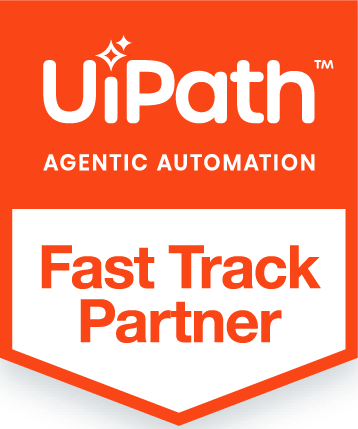Artificial Intelligence has become a vital component of supply chain management, driving transformation. From predictive analytics to automated inventory optimization, AI is revolutionizing the way businesses forecast, plan, and deliver. But successful AI implementation isn’t a one-size-fits-all solution; it requires careful preparation and a strong operational focus.
Identifying the Core Challenges AI Can Solve
Before integrating AI into your supply chain, it’s critical to pinpoint the exact pain points you’re aiming to fix. Common challenges that AI can help overcome include:
Forecasting Inaccuracy:
Manual demand planning often leads to understocking or overstocking. AI enhances accuracy by analyzing historical data, seasonality, and market trends in real-time.
Inventory Inefficiency:
Holding costs, stockouts, and excess inventory can drain resources. AI-powered inventory management optimizes stock levels dynamically.
Supplier Risk:
AI models can assess supplier performance, monitor disruptions, and provide early warnings about geopolitical or environmental risks.
Logistics & Delivery Delays:
AI improves route optimization, warehouse robotics, and real-time tracking, reducing costs and delivery times.
Lack of End-to-End Visibility:
AI dashboards can unify disparate data from suppliers, warehouses, and customers for complete supply chain transparency.
Best Practices for Implementing AI in Supply Chain Management
1. Set Clear Goals
Identify specific supply chain challenges AI can solve, such as demand forecasting or logistics optimization. Define measurable objectives to ensure AI aligns with business needs. This will help focus efforts and measure success.
2. Ensure Data Readiness
Clean, standardize, and consolidate data from all systems to ensure AI models have accurate inputs. Proper data integration is essential for effective AI deployment. Governance ensures data quality and compliance.
3. Start Small with a Pilot
Launch AI in a high-impact, low-risk area to test its effectiveness. Measure performance and gather feedback to refine the approach. Expand once the pilot delivers measurable results.
4. Build the Right Team
Form cross-functional teams of supply chain experts, data scientists, and IT staff. Upskill employees to improve data literacy and align business goals with AI solutions. Collaboration is key to success.
5. Invest in Scalable Technology
Choose cloud-based AI platforms that integrate with existing systems. Scalable technology ensures flexibility and growth as needs change. Real-time data capabilities enhance decision-making.
6. Focus on Change Management
Communicate the value of AI to all stakeholders and involve them early. Offer training to equip employees with AI skills. Foster a culture of innovation and readiness for change.
7. Monitor, Evaluate, and Optimize
Regularly track AI performance against KPIs and gather feedback for improvements. Continuously optimize AI models for better outcomes. Ongoing evaluation ensures AI stays aligned with business needs.
8. Establish Governance and Ethics
Ensure AI systems are transparent, fair, and compliant with data privacy regulations. Set clear governance policies for ethical AI use. Trustworthy AI builds credibility with stakeholders.
Build a Future-Ready Supply Chain with AI
Preparing your supply chain for AI implementation isn’t just about adopting new technology—it’s about transforming the way your business operates. By identifying the right challenges, preparing your data, starting with small wins, and fostering a culture of innovation, you can unlock the full potential of AI. The result? A more agile, efficient, and resilient supply chain that keeps you ahead of the competition.
Ready to transform your supply chain with AI? Set up a call with our experts today and discover how our tailored AI solutions can streamline operations, reduce costs, and future-proof your business.







